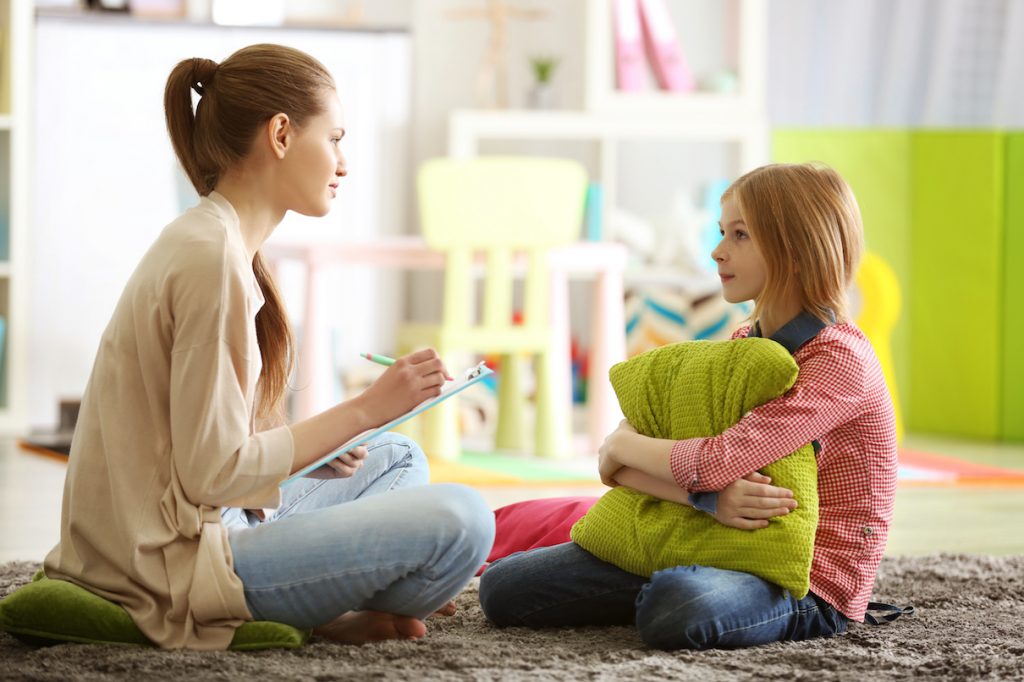Photo by Christian Erfurt on Unsplash
When young people hit major conflicts with their parents or siblings, it can lead to them leaving or being thrown out of the house. The third in my series of guest blog posts is by Beth Owens, my mentee and a mediator for families in crisis. She shares here about the support she offers to families and the impact it can have.
“I am a family mediator working for Depaul UK, a charity whose aim it is to prevent homelessness amongst young people. To give you a better idea of what I do, read Jake’s story* here and imagine yourself in his shoes.
Jake’s story*
You are a 16 year old boy living at home with your mum, your 13 year old brother and your 10 year old sister. Your brother has autism and your sister has cerebral palsy. It is hard work because your mum is always getting at you. To top it off, she gives all her attention to your brother and sister, who need help all the time.
Mostly, you’ve learned to look after yourself and keep out of the way.
Everything went wrong in December when you had a huge bust up with your mum.
All you’d done was ask her for a bike for Christmas and she lost the plot! Shouting and screaming and saying you never did anything around the house to help and how dare you ask for a bike and lots of worse things besides.
Well, this was the last straw. You felt unwanted and pushed out, so you stormed off, stayed at a mate’s house for a few nights. Ever since, you have been going to and fro, choosing to go home only when you know your mum is not there. Sometimes you sleep in your own bed and sneak out when you know your mum is busy with your brother or sister.
Other times, you sleep on mates’ sofas. It’s getting tricky though because your friends still live with their parents and you feel like they’re starting to get fed up with it. You’re worried about where to go and have considered just staying up all night to avoid having to go home.
You don’t want to speak to your mum.
Out of the blue you get a call from a woman called Beth who says she wants to help. It’s a bit weird, but she takes you out for a McDonalds and she seems OK. She at least listens to what you’ve got to say.
This situation is a real life example of a family I’ve worked with. Usually, I get a call either directly from a parent or from a social worker about the fact they are having difficulties and would like some support.
The first thing I do is go and meet with each family member individually to get to know them. I listen to what is going on from their perspective and aim to build trust. It must be extremely hard for families to allow an unknown outsider into their personal circumstances.
I need them to see that I’m someone who can be trusted. Often this takes several sessions of meeting with parents and the young people involved to build the relationship.
Sometimes they are ready to come together in a family meeting and speak openly and honestly in a safe space. This is held somewhere away from the family home. After one family session I held, the mother said to me, “You have such a good way of speaking to teenagers as well as adults Beth, you must find your job so rewarding”.
Other times it’s not possible to get the family together and I have adapted the traditional mediation model to working with families in complex crises.Jake’s* situation outlined above is an example where I used indirect mediation.
The mum was having a stressful time with two disabled children to look after, had financial issues and was trying to find the time to study and work. Meanwhile, Jake* was trying to find work and felt ‘pushed out’ and ‘unwanted’ at home. They were both at a stalemate and not willing to speak to each other.
I met with them separately and with their permission, I passed on what was said from our sessions to each other. Over time they began to understand each other’s point of view.
When Jake was ready, I supported him to pick up the phone and call his mum to wish her a happy birthday. She was delighted! This helped to get the relationship back on track and Jake said to me, “I’m doing really well now. Thank you. I’d been wanting to call my mum for agers but couldn’t.”
Jake now has his own accommodation and is speaking to his mum regularly.
I want to be clear here that this all takes time. I worked with Jake’s family for three months to get them to a point where I was no longer needed.
When I mention the word mediation to the young people I work with, I don’t usually get a very warm response! “Isn’t that for when you get divorced?” “You’re not making me sit in a room to have therapy with my family are you?”. There can be a misconception of what mediation is and how it works, especially when working within the field of homelessness.
I think it’s safe to say that all families experience difficulties and sometimes these difficulties can become complex. There can be a range of triggers: bereavement, a history of trauma, financial worries, substance misuse or struggles around communication, rule setting or pushing boundaries.
However, if these issues go unaddressed it may lead to heated arguments potentially resulting in a young person running away or being kicked out of the home.
At Depaul UK our mission is to prevent and ultimately to end homelessness. Our method of mediating with families takes into account the varied nature of individual cases to support families to remain together in the way that best suits them.
However, if these issues go unaddressed it may lead to heated arguments potentially resulting in a young person running away or being kicked out of the home.”
Bethany Owens is a family support worker and mediator working for Depaul UK in Manchester. Depaul UK continue to offer listening and mediation support to families in crisis throughout the Covid-19 lockdown. If you know of a family who might appreciate the kind of support outlined in this article, please get in touch at Familysupport.GM@depaulcharity.org.uk.
*Not his real name. Some other details have also been changed to protect confidentiality.







